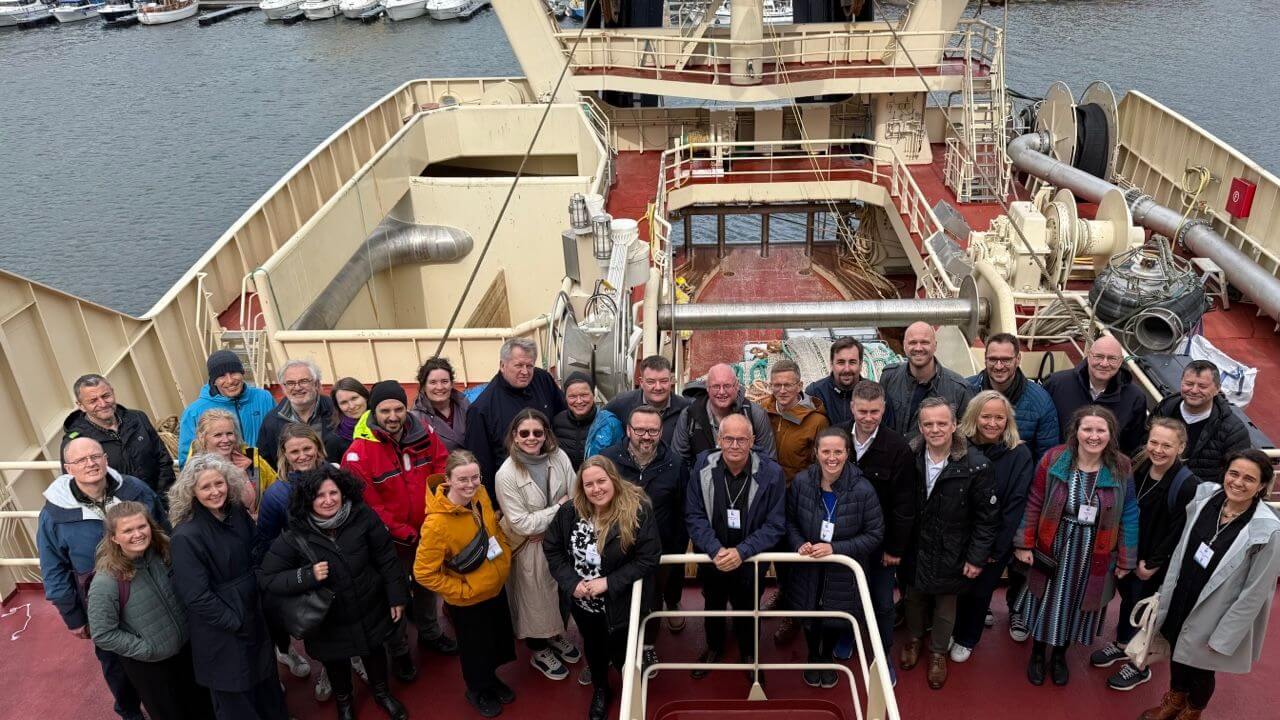Through dedicated Case Studies, MeCCAM is developing, testing, and validating practical solutions tailored to each local context. The goal is clear: to support a more energy-efficient, climate-resilient, and environmentally sound future for the fisheries and seafood sector.
A Regional Approach to Shared Challenges
Each Case Study focuses on a specific combination of fisheries type, gear, target species, and regionally relevant issues. This allows MeCCAM to co-design solutions that reflect both the realities on the water and the broader goals of EU climate and sustainability policies.
Here’s where MeCCAM is working:
- Northeast Atlantic – Pelagic trawlers and purse seiners
- North Sea – Demersal (bottom) trawlers
- Bay of Biscay – Demersal trawlers
- Iceland – Industrial fisheries
- Cyprus – Small-scale fisheries using long-lines
- Greece – Small-scale fisheries using nets, traps, and long-lines
By addressing a wide range of fleet types and fishing practices—from industrial vessels in the North to small-scale operations in the Mediterranean—MeCCAM aims to generate insights and innovations that can be scaled and adapted across Europe.



